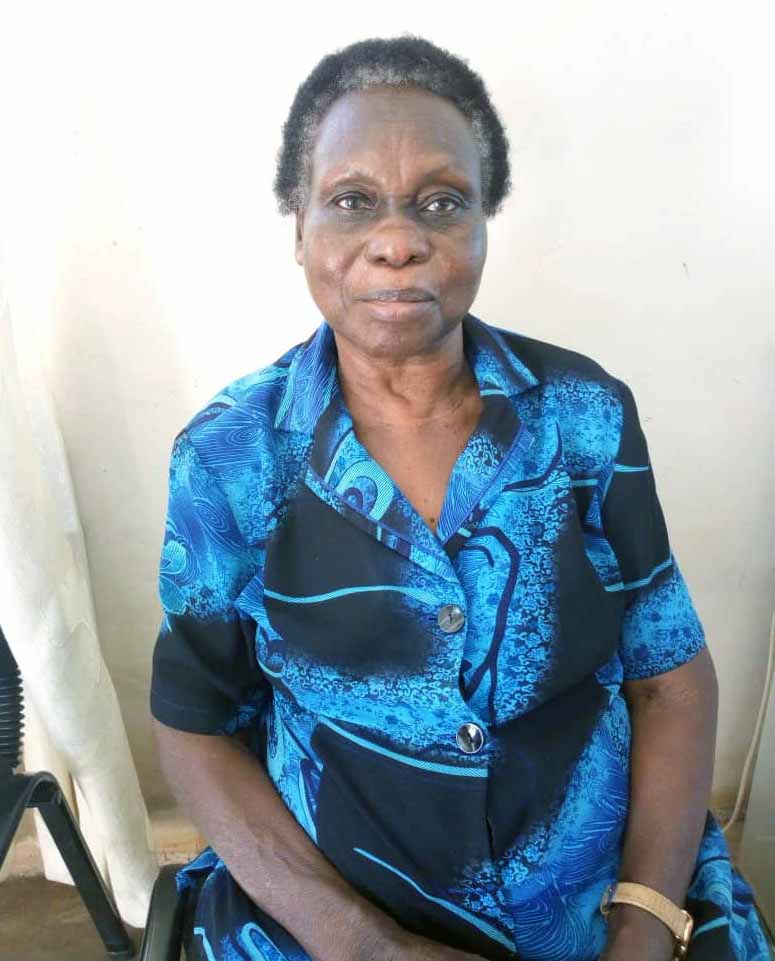
Margaret Kabango 75 has witnessed many things during her upbringing in rural Eastern Uganda. But the worst of all is seeing older women flashed out of their matrimonial homes at the death of their husbands by relatives.
More bewildering is the fact that no one is ever penalized for the crimes of forceful evictions. “It is worse for the women who age without children to defend them,” she says adding that culture has refused to integrate the national matrimonial laws which recognize individual ownership of property gender notwithstanding.
A Gender Land and Asset Survey by the International Centre for Research on Women in 2011 revealed that despite their significant role in the agricultural sector, only about 16 percent of Ugandan women own land in their own right. Their ownership of registered land is even lower at 7 percent. Housing, often considered a combined asset with land, particularly in rural areas, is also overwhelmingly owned by men.
A mother of five and a member of the Uganda Reach the Aged, Kabango says cultural practices still stand against the development of women in Uganda.
Culture, she says continues to place lesser importance to the girl-child, a factor that stops parents to offer girls the best that might be useful in helping girls express their full potential later in life. She says that girls are not considered as an asset as the boy. She says rural people believe educating girls is enriching the family where she will be married. In addition, says Kabango, girls also face the danger of sexual harassment as they grow. On the other hand, the boy child is seen as one who will perpetuate the clan and thus has to be given all the support they need to succeed.
“It is sheer determination and God’s grace for the Ugandan woman who appears to have made it in life. That successful women you see today has passed through many obstacles that have stopped millions of others like her,” she says.
MrsKabanognotes that in many places, from the household level to the local, national and international level, women face additional and significant challenges in raising their voices and being heard. “The denial of their voice is exacerbated by wider discrimination based on gender”.
As a result, she adds, across the life course, women are more likely to be poor; experience violence; have higher rates of illiteracy and innumeracy; acquire a disability; and lack access to adequate nutrition and healthcare. Older women can also suffer from ageist attitudes and practices that discriminate particularly against widowed or single older women, or rural and migrant older women.
According to the World Bank data of 2016, female constitute 50.27 % of Uganda’s population. However, the patriarchal society that Uganda is has often preferred boys to girls. “People believe that girls are going to be married and will not benefit the family, rather the families where they will get married,” said MrsKabango in interview conducted ahead of the Women Deliver Conference in Vancouver, Canada that she is attending.
The culture also bars a woman not to own land despite the time she spends tilling the land to produce food so that she could feed and raise up a family.
Involvement in advocacy
Today in Uganda, the government has recognized and supported the setting up of older people councils (older men and women) from the grassroots to the national stage. These councils have opened spaces and provided additional platforms for older people, especially older women to voice their concerns and pass them on to the councils for local action.
As a result, several bills are before the parliament geared towards making life easier for older men and women.
However, it has taken people like MrsKabango to advocate for these changes. Traversing the country to meet with government officials, fellow advocates and grassroot older people to understand the gaps, engage and lobby for changes in policy, and services in health care for example. She advises that older women must continuously stay engaged in various spaces and platforms during policy and legal formulation processes.
Issues of concern
According to Help Age International who are supporting Mrs Kabango participation at the Women Deliver Conference 2019 taking place in Vancouver, Canada, all older people share the right to the best attainable health, nutrition and care services, enabling them to enjoy the best possible health and care to support well being to the end of life.
HelpAge International which advocates for the rights of older women and men notes that although on average women live longer than men, this is not necessarily reflected in healthy life expectancy and well being and is not experienced by all women everywhere. Health and well being in older age is shaped by what has happened to men and women over the life course and barriers to health and wellbeing are gender differentiated and intersect with age. “Yet, healthcare and Sexual and Reproductive Health and Rights (SRHR) continue to be primarily geared to women of reproductive age, failing to meet the needs of girls and ignoring women after the menopause.”
Mrs Kabango says that older women in Uganda and elsewhere are likely to be living with one or more chronic conditions and also facing specific barriers to accessing affordable and appropriate health care.
Her background
MrsKabango is a trained physiotherapist from Glasgow
University in the UK and has worked for the government of Uganda rising through
the ranks to a manager, earning further scholarship for a Master’s programme at
the Buckingham University to study the management of health services.
